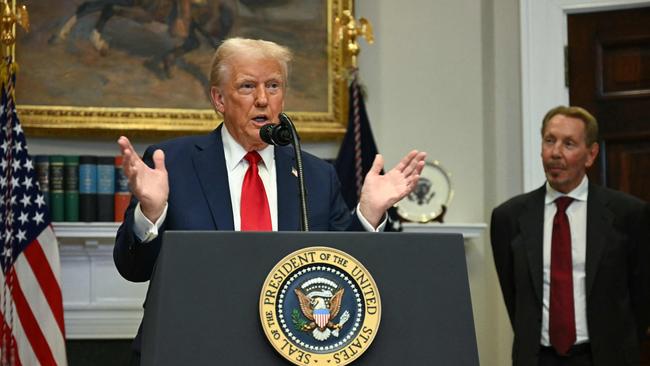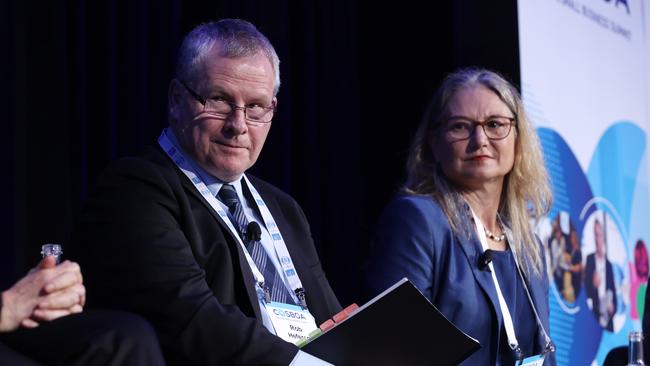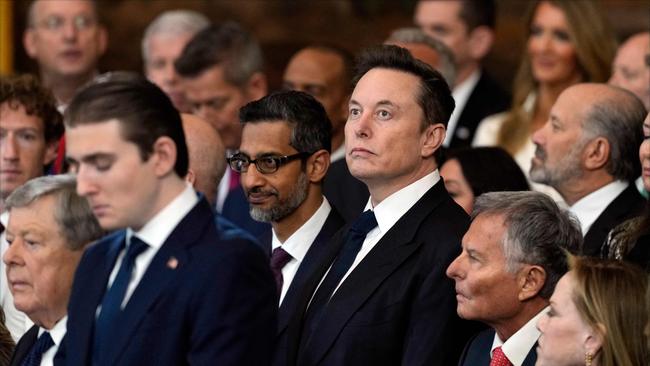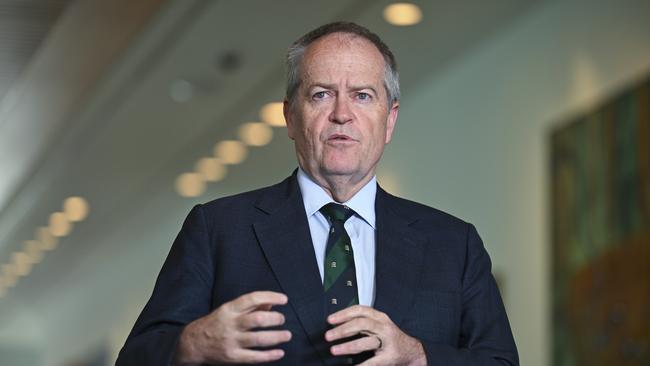
Today, I will also discuss the implications of these pillars to Australian politicians making promises and make a small request, without criticism, to Commissioner of Taxation Rob Heferen who can pioneer an Australian regulatory public service response in a tiny ATO area. And in the process he would help our government schools and save many small volunteer sporting bodies.

Trump will also require defence partners like Australia to contribute substantially more money to their defence, and complying partners may gain some exemptions from the tariffs.
Under the plan, the US inflationary implications will be muted by a high American dollar, more productivity and an argument to the Federal Reserve that the impact of the GST/tariffs be excluded from interest rate settings.
The above policy is planned to enable lower taxes and, most importantly, politicians will be able to raise money without massive reductions in public services because the cost of delivering those benefits (not the benefits themselves) will be slashed.
This utopian vision may come crashing down but given Australia is going to be required to invest substantially more in defence and reinvigorate the abandoned space program of Deputy Prime Minister Richard Marles, Australia will need to substantially raise taxes and/or slash services unless it embraces the techniques being introduced into the US to transform the efficiency of delivering public services.
This new approach to government efficiency is the brainchild of Elon Musk, who developed management techniques that transformed the production of electric cars and enabled the US to become the world’s leading nation in space communication, with huge defence implications.
As I explained earlier this week, the Musk driven program starts with substantial simplification of government regulatory bodies, which will be reduced from the current level of 400 to around 100.

The revolution in government bodies will extend into lowering the costs of providing public services. Essential to the cost reduction process we will be Musk’s so-called “idiot index”
The “idiot index” is the ratio of the total cost of the base “raw materials” in a product or service which covers physical items like metal, rubber plastics but also the cost of actual services being provided. Then the actual cost of delivering those products or services is calculated.
An item of service or a product with a high “idiot index” might cost $1m to deliver when the base ingredients cost only $10,000. As Musk describes it; “if the ratio is high, you are an idiot”. But it’s not the workers or middle management who are the idiots. It’s the
CEO.
Musk found that the only way to tackle products or services with a high “idiot index” was for the chief executive (in the case of Tesla and SpaceX that was Musk) to go down into the operation room and discover the detail including regulations and the actual people (not organisations) imposing those regulations.
Accordingly, Australian operations with a high “idiot index” will require chief executives who roll up their sleeves and find new ways to deliver their goods or services.
In Australia, former minister Bill Shorten did a good job containing the in the NDIS expenditure, but the NDIS and similar organisations will not be sustainable in an era of higher defence and space expenditure unless a different way of delivering their services is devised.

In the NDIS, there are more than 300,000 equivalent full-time workers – a massive operation which is far bigger than our agriculture and mining industries.
NDIS is not the only government in that situation, so the nation needs to study what Musk is doing and look what works and what doesn’t work when his “idiot index” is applied to public services.
And so we come to Heferen. There are no significant revenue implications in the task I set for him. But if Heferen has the courage to personally (delegation does not work) step into the unknown, he can help our government schools and save large numbers of our volunteer run small sporting bodies. The national community benefit will be enormous.
A Sydney state school small voluntary body that is helping to provide music for students has just received a 97 point position manifesto — repeat 97 points – on whether music conductors are contractors or employees.
I won’t go into the details, except that it is incredibly complex and personally dangerous for voluntary body committee members around Australia.
In some areas, a school music conductor’s status swings on what happens when that conductor delegates their job to someone else on a particular day and whether that replacement person sends an invoice.
The 97 point manifesto can bankrupt voluntary bodies and destroy the financial standing of their members. If an invoice wasn’t sent or some other breach of the 97 point manifesto is found, they could be liable for back superannuation.
The bodies don’t have the money, These are ordinary Australians who receive no financial remuneration for helping our young people. And they are subjected to this nonsense.
On behalf of our young people around the country, I ask Heferen to roll up his sleeves and find out the regulation that causes this damage; work out a way to fix it and then find which person (public servant or minister) who has inadvertently caused this community damage and show them how to fix it.
If parliamentary approval is required, give any individual person who holds up the process the required push along. I think everyone in the parliament will support any voluntary body changes required
And can I make one extra request? While you are in ATO operations, ask whether many small enterprises about to be bankrupted were given clear reasons for their original tax assessment.





Strip away the bluster and Donald Trump’s US economic agenda is based on three pillars: extra ‘revenue’ by slashing the cost of providing public services; a GST-style tax (tariffs) on imports; and low cost energy to supply the enormous demand being created by the next stage of the computer revolution led by artificial intelligence.